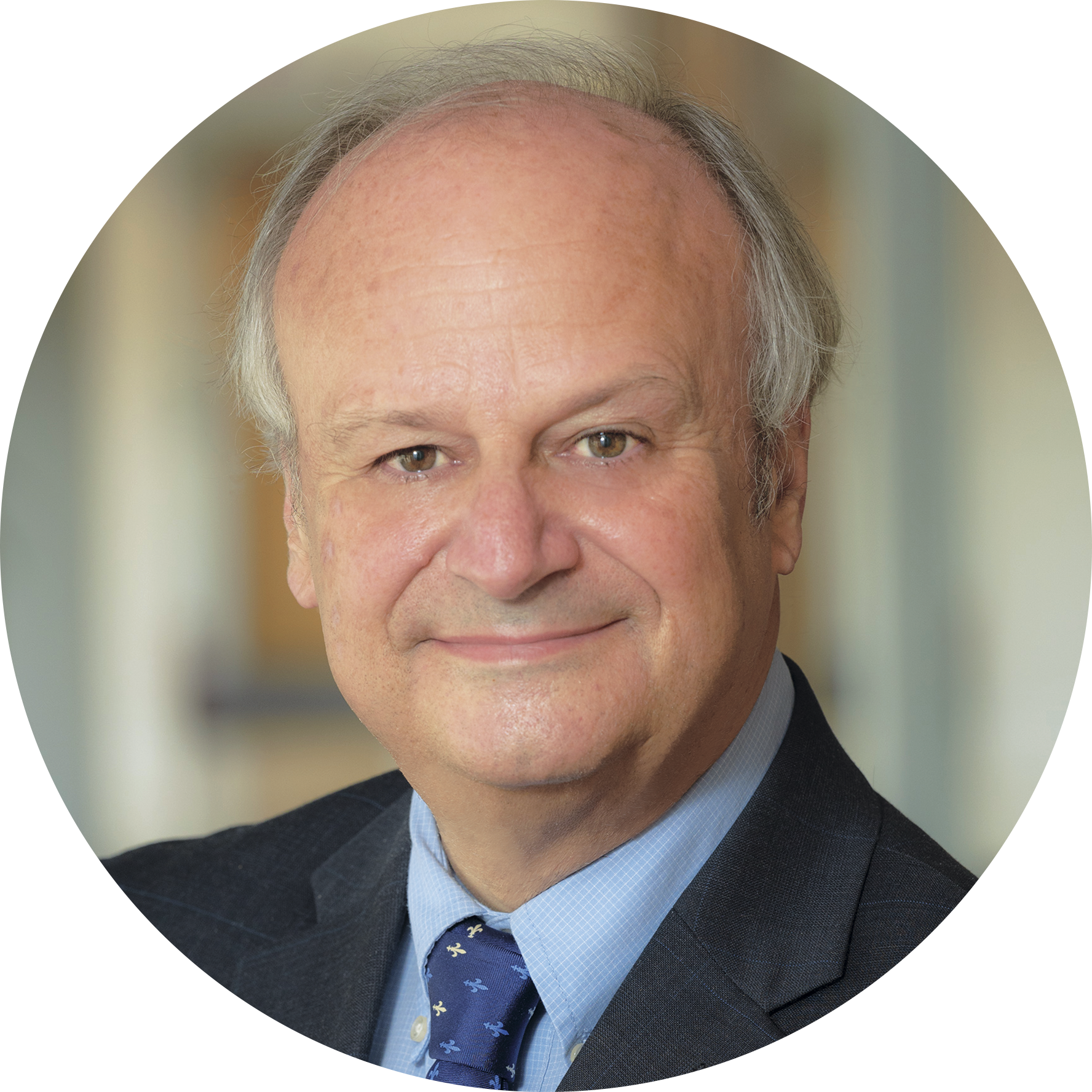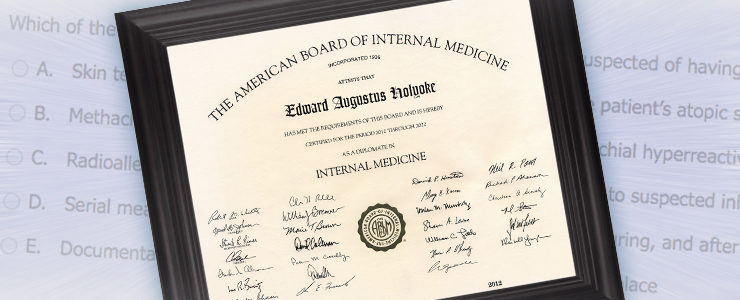Medical school debt burden reaches now levels.
Medical school debt is reaching new levels that are unsustainable. The average graduate now has 215,000 in debt on graduation, excluding undergraduate debt. This limits choice of specialty, as lower paying fields such as primary care become “unaffordable” . We need a better way to fund medical school education. see below for current statistics and data.
Shortage of residency slots:
This year 2000 medical students did not match (though some did subsequently), showing a mismatch between need for residency positions and medical students (along with foreign applicants or US medical students abroad). 1000 new slots added this past year, but more are needed. see below:
https://apple.news/AI0zd34jTTwS1f55QZpR-ZA
ABIM, MOC, Recertification
We all owe a debt of gratitude to the Pennsylvania delegation for doggedly investigating and bringing to light the abuses and possible corruption of the ABIM. When I started practice, the ABIM was respected as a certifying body for newly minted physicians. The ABIM has for 15 years now lost its way, continually ramping up the recertification process and collecting excessive fees with no accountability in the process. The MOC (administered by the umbrella organization the American Board of Medical Specialties, or ABMS) was the last straw, requiring biannual testing, with little correlation with any true educational benefit. After initially undergoing my first MOC a few years ago, I realized that the process was a waste of my time, and did not in any way improve me as a physician. When over 23,000 physician signatures were presented to the American Board of Medical Specialties in protest, the ABMS simply dug in its heels and initially refused to modify or explain itself. Since then 9 states have accepted alternative certification bodies set up to compete with the ABIM and ABMS, and 11 more states are considering the same. Faced with overwhelming opposition, the ABIM now admits it made a mistake and has made a pledge to fix the issue.
Many test takers, for fear of not passing, study for long periods of time absorbing knowledge unrelated to their practices, which is a waste of time, or attend board review courses on data not related to their practice, a waste of time and money. Not recertifying can harm good doctors’ reputations and livelihoods. It can destroy patients’ confidence in doctors with whom they have had longstanding relationships. Apart from administering the initial board certification after residency, the ABMS should develop methods designed to improve medical practice, not just testing. This could be done with self-assessment programs and reviews, and done either online or with booklets that doctors can keep as references.
As physicians, we all want to be as competent and up-to-date as we can be for the best care of our patients. The ABIM and MOC process needs to be revamped so that it actually accomplishes that goal, improves our competency with ongoing true CME, and does it in a streamlined and cost-efficient process.
The AMA now has greatly expended its CME offerings, accepted in all 50 states. For some specialties, you may take specialty society specific CME that will also satisfy both the state and specialty society requirements.
https://www.kevinmd.com/2015/01/physician-investigates-american-board-internal-medicine.html
http://drwes.blogspot.com/2015/08/the-abim-foundation-increasing.html

